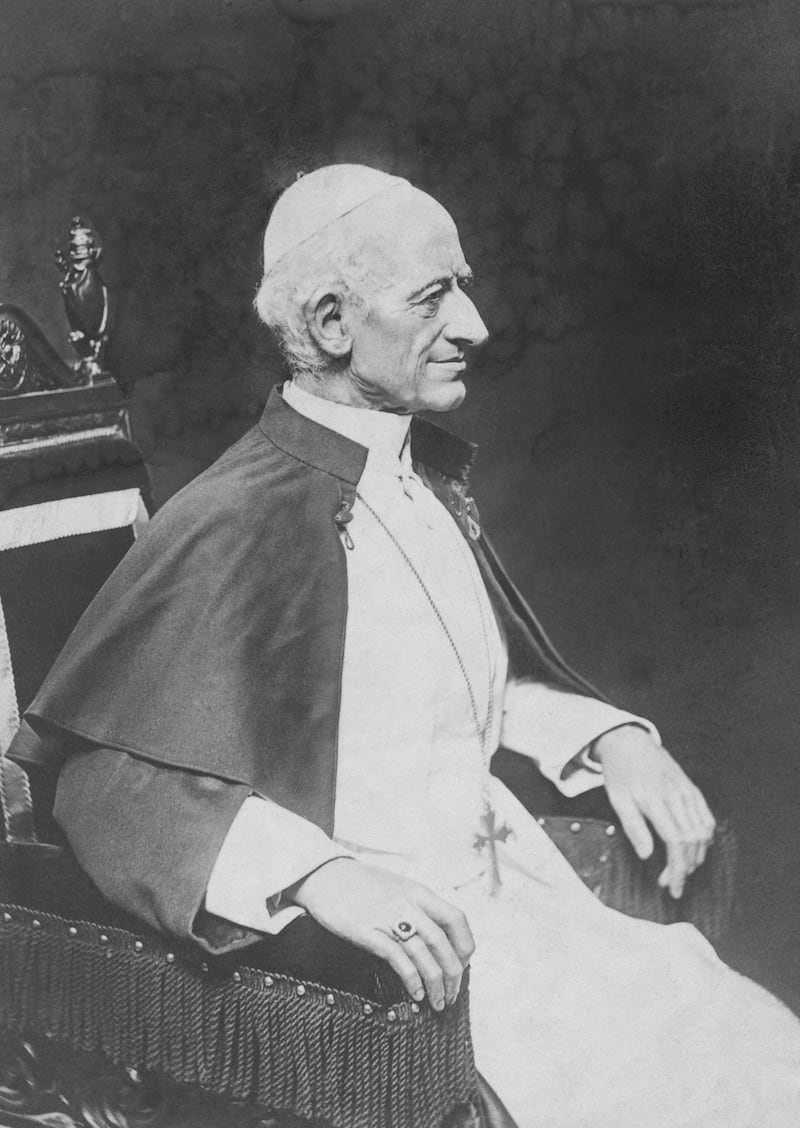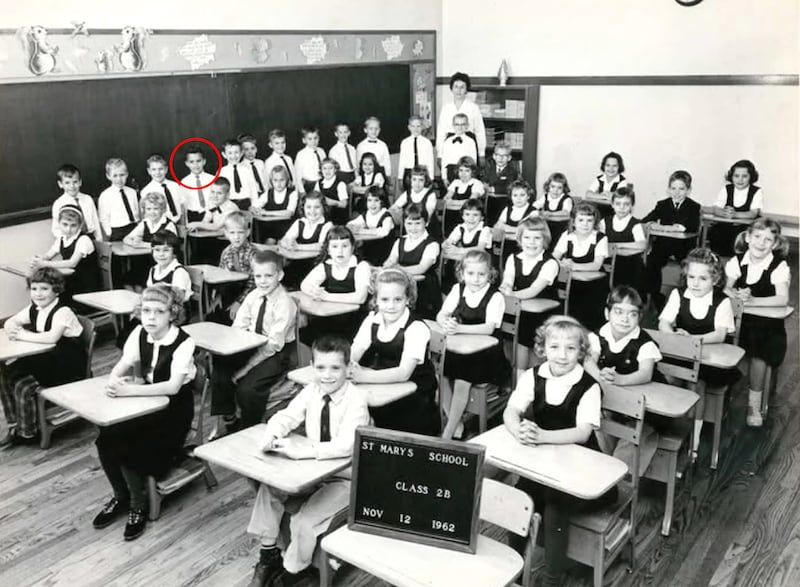Robert Prevost emerged Thursday as the first American pope, much to the shock of global bookmakers and Vatican experts alike.
Being the underdog he was, the 69-year-old native of Chicago’s south side was often omitted when discussing realistic candidates to lead the Catholic Church after Pope Francis’ death on April 21.
Prevost’s first decision as pope immediately offered a clue to how he might lead the church. He selected the name Leo XIV, which is laden with symbolic meaning.
Leo derives from the Latin word for “lion.” Such a name is known to suggest strength and courage, and is the fifth-most-popular name chosen by popes historically—though it has not been used in over a century.
Ed Tomlinson, a Catholic priest and blogger, told The Independent that Pope Leo XIV is “likely to be a continuation of Francis’s liberalization of the church.” He added that the name was historically chosen by popes who were “strong during a time of crisis.”
A pontiff’s name selection typically indicates their intention to emulate the example of a predecessor who went by the same name.
The last pontiff to use the name, Pope Leo XIII, led the church between 1878 and 1903. He is among the most influential popes in history and was a founding figure of the Catholic social justice tradition. He advocated for separating church and state, addressing workers’ rights, and defining the church’s role in social justice.

In 1891, he wrote an encyclical—a communication to all members of the church setting out official teaching—called Rerum Novarum. It praised trade unions, backed state regulation of working conditions, and told employers they had a moral responsibility to treat workers with dignity. It raged at “the misery and wretchedness pressing so unjustly on the majority of the working class” and also warned against socialism.
Leo XIII also fostered diplomacy and improved relations between the church and foreign governments, especially in Germany, according to the Catholic Church news outlet OSV. The site adds that Leo XIII penned “Testem Benevolentiae,” which condemns “Americanism,” relating to Protestant influences within the United States Catholic Church.
Leo XIV served as a missionary for two decades in Peru, becoming a bishop in the South American nation, where he holds dual citizenship, before he rose to lead his international religious order. Appointed a cardinal by Francis, his most recent position was at the Vatican, where he ran the office that selects and manages bishops.
“Peace be with all you,” Leo said to a crowd in St. Peter’s Square, his first words as pope.
Rev. James Martin, a papal contributor to ABC News, told the network he knows Leo XIV personally. He described the new pontiff as “very down-to-earth” and as a “very kind person, very reserved.”
Leo’s brother, John Prevost, described him similarly in an interview with the Daily Herald.
“Truth be told, his heart lies with missionary work,” John said Thursday. “Helping the poorer side of life or the downtrodden, so to speak.”

The Vatican released Leo’s biography shortly after his papal election victory. It revealed he is the youngest of three brothers and the son of Louis Marius Prevost, of French and Italian descent, and Mildred Martínez, of Spanish descent.
John told the Herald that their family of five grew up in the Dolton neighborhood of Chicago. Their dad was a school superintendent and their mother a librarian.
Though he has been described as reserved, the new pontiff did take to X to criticize Vice President JD Vance just weeks ago for an interview he gave about Christianity on Fox News.

“JD Vance is wrong,” he said. “Jesus doesn’t ask us to rank our love for others.”
Leo XIV also gave a glimpse of his views in a 2014 interview with Vatican News. He said a “bishop is not supposed to be a little prince sitting in his kingdom, but rather called authentically to be humble, to be close to the people he serves, to walk with them and to suffer with them.”
Such a philosophy closely aligns him with that of Francis—a no-frills leader who stood up for migrants and the poor, and famously chose to live in a simple apartment at the Vatican instead of the opulent Apostolic Palace.





